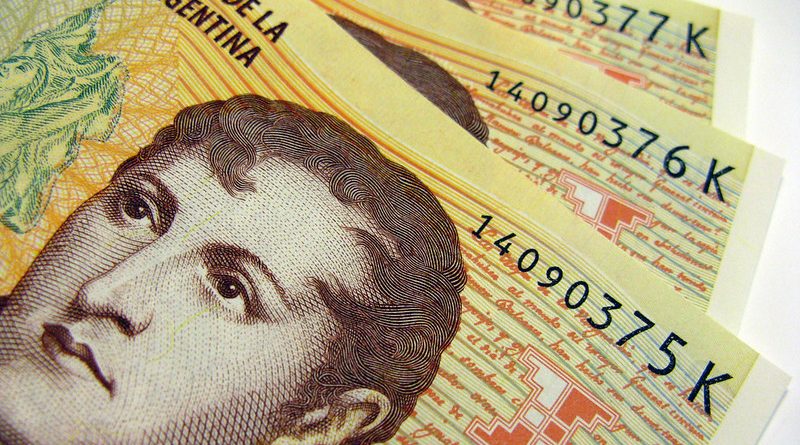Struggling Argentinian Economy Could Spark Severe Hunger Crisis
Luisa Chainferber
Senior Correspondent
The Argentinian economy is struggling once again, reports The Wall Street Journal. Even after President Mauricio Macri implemented currency controls and almost thirty aid packages from the International Monetary Fund (IMF), the country remains the most volatile emerging market and has the highest inflation levels in its recent history.
Meanwhile, opposition presidential candidate Alberto Fernández announced a plan to end hunger in the country. According to The Buenos Aires Times, his plan, entitled “Argentina sin Hambre,” was created after the release of data that indicated a 35.4 percent increase in poverty across the country. Fernández stated that Argentina produces enough food to feed 400 million people, so it is the country’s responsibility to feed the 15 million people that are in poverty.
Rising food prices led to protests across the country, reports Reuters. Politicians struggle to find a balance between the need to cut spending and the need to help find a solution to the growing hunger crisis. Miguel Pichetto, Macri’s running mate, suggested that the best way to eradicate hunger would be to attract foreign companies to Argentina that could generate greater employment.
Currently, the biggest concerns for the economy are persistently rising inflation, the falling value of Argentinian peso, and the decrease in domestic production and spending. Together, these factors have decreased consumers’ spending powers, income, and employment opportunities at the same time as the country experiences substantial increases in food prices.
This crisis represents the second collapse of the economy just in the last decade. President Macri attempted to fix the economy by cutting taxes and liberalizing markets but the impacts of these efforts are yet to become clear. Argentina’s debt grew at a rapid pace, which created a mix of debt, a high government deficit, and unsound monetary policy, says The Guardian.
Given the current economic conditions, President Macri is delaying payments on approximately $100 billion worth of debt, reports CNBC. Since a market crash in August, the country suffers from a major debt crisis. Nonetheless, according to a Treasury spokesperson, the country still used $1.9 billion of money it received from the IMF to pay off debt on short-term dollar-denominated Treasury Bills. The original intent of the IMF loan was to increase the country’s reserves.
Argentina is wary of the IMF, reports the Council on Foreign Relations. The last loan that Argentina received from the IMF was in 2001 during the country’s worst recession. As such, the Latin American country blames the international lender for helping the country fall into an economic crisis. Nevertheless, given the weaker peso, Argentina has several big payments to the IMF due in the next presidential term and $30 billion worth of debt that will be due in 2019.
The political uncertainty from the upcoming elections also contributed to the financial crisis, says Citywire. Claudio Zuchovicki, the secretary-general of the Iberoamerican Stock Exchange Federation, suggested that while Argentina endured stronger financial crises in the past, the lack of a growing local market is hurting prospects for growth.


